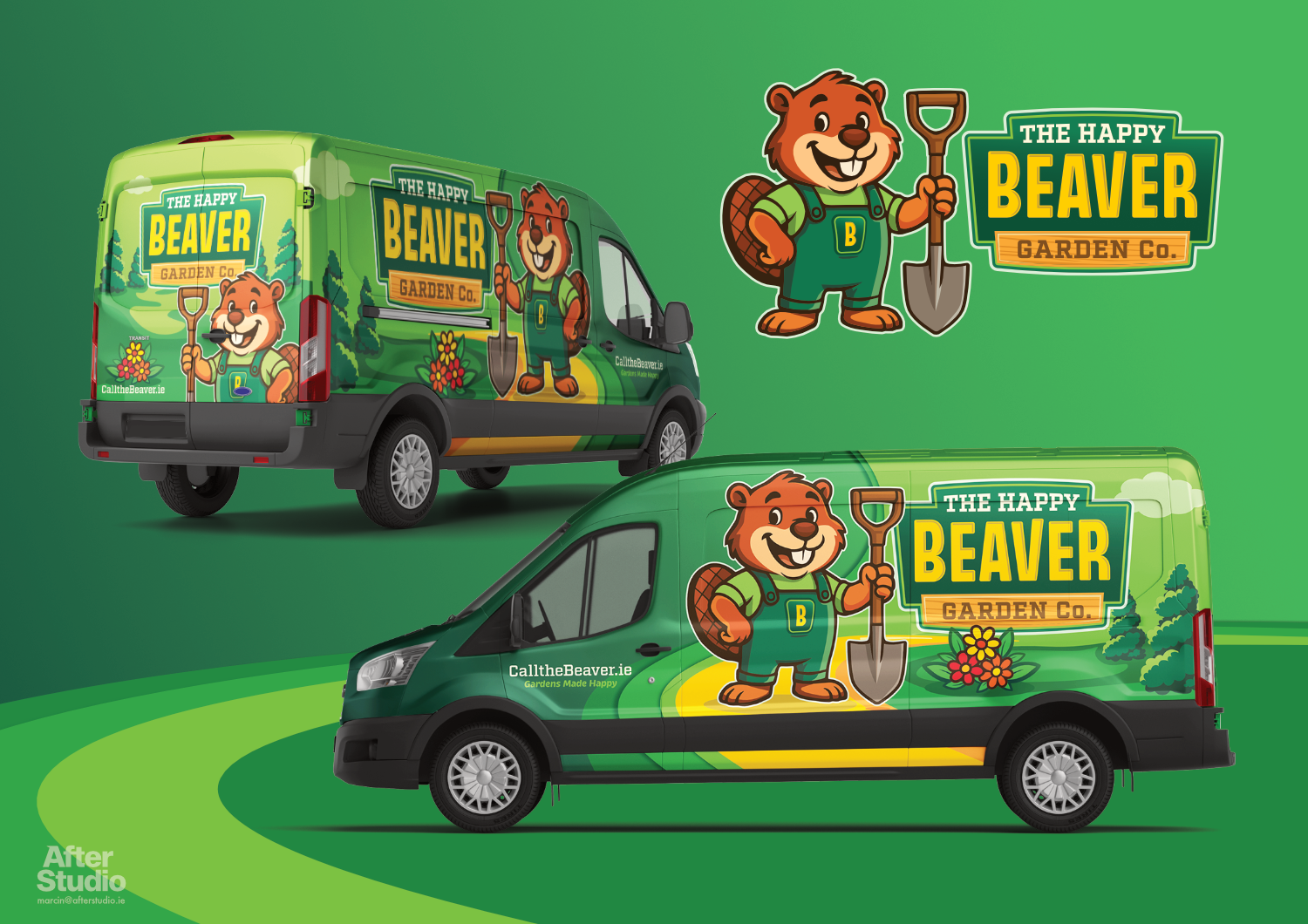Branding
If you're a small business owner, you've probably heard people talk about branding—but maybe you're not quite sure what it really means or why it matters to your business. Is it just about logos and colors? Is it only for big companies with large budgets? The short answer is: no.
Branding is for every business, and for small businesses, it can be one of the most powerful tools to support growth, build trust, and attract loyal customers.
Let’s break it down in a simple and practical way.
What Is Branding?
Branding is how people perceive your business.
It’s the feeling customers get when they hear your name, see your product, visit your website, or walk into your shop. It’s made up of several parts:
Your logo, colors, and visuals
Your business name and tagline
Your tone of voice (how you speak to customers in person, online, or through ads)
Your values and the promises you make—and keep
The experience people have with your product, service, or staff
So, branding isn't just what you say about your business—it's what your customers remember and feel after interacting with you.
1. It Builds Trust
Customers are more likely to buy from businesses they recognize and trust. A clear, consistent brand helps you look more professional, even if you’re just starting out. It shows that you take your business seriously—which encourages others to do the same.
2. It Sets You Apart from Competitors
Let’s say you’re a local bakery or a plumber in a town where there are a dozen others like you. A strong brand helps you stand out. Maybe you’re the “friendly neighborhood plumber who always shows up on time” or “the eco-friendly café with the best vegan treats.” A clear identity makes you easier to remember—and choose.
3. It Creates Loyal Customers
People don’t just buy products—they buy stories, experiences, and values. If your branding is meaningful, customers who connect with it are more likely to come back and recommend you to others.
4. It Supports Marketing and Growth
When your brand is clear and consistent, marketing becomes easier. Whether you’re creating a flyer, a social media post, or updating your website, your brand gives you a framework to work from. That saves time and keeps your message strong and focused.
5. It Adds Value
A well-known and well-loved brand increases the overall value of your business. If you ever want to expand, franchise, or even sell your business in the future, having a strong brand makes it more attractive to others.
How Can You Start Branding Your Small Business?
You don’t need a big budget or fancy marketing agency to build a solid brand. Start with the basics:
Define your business personality: Are you casual or professional? Fun or serious? Affordable or high-end?
Know your ideal customer: Who are they, what do they care about, and how do you want them to feel about your business?
Choose a consistent visual style: Pick your logo, colors, and fonts—and stick with them across everything.
Develop a clear message: What do you stand for? What problem do you solve? What makes you different?
Be consistent: Use the same tone, look, and values in everything from your website to how you answer the phone.
In Summary
Branding isn’t just for big companies—it’s a powerful, practical tool that every small business can and should use. It helps you make a memorable impression, build trust, and grow your business with confidence.
When done right, your brand becomes one of your most valuable assets—because it’s not just about what you sell, it’s about how people remember and talk about your business long after the sale.
So if you’ve been overlooking branding, now’s the time to take it seriously. Your future customers—and your business growth—will thank you for it.

